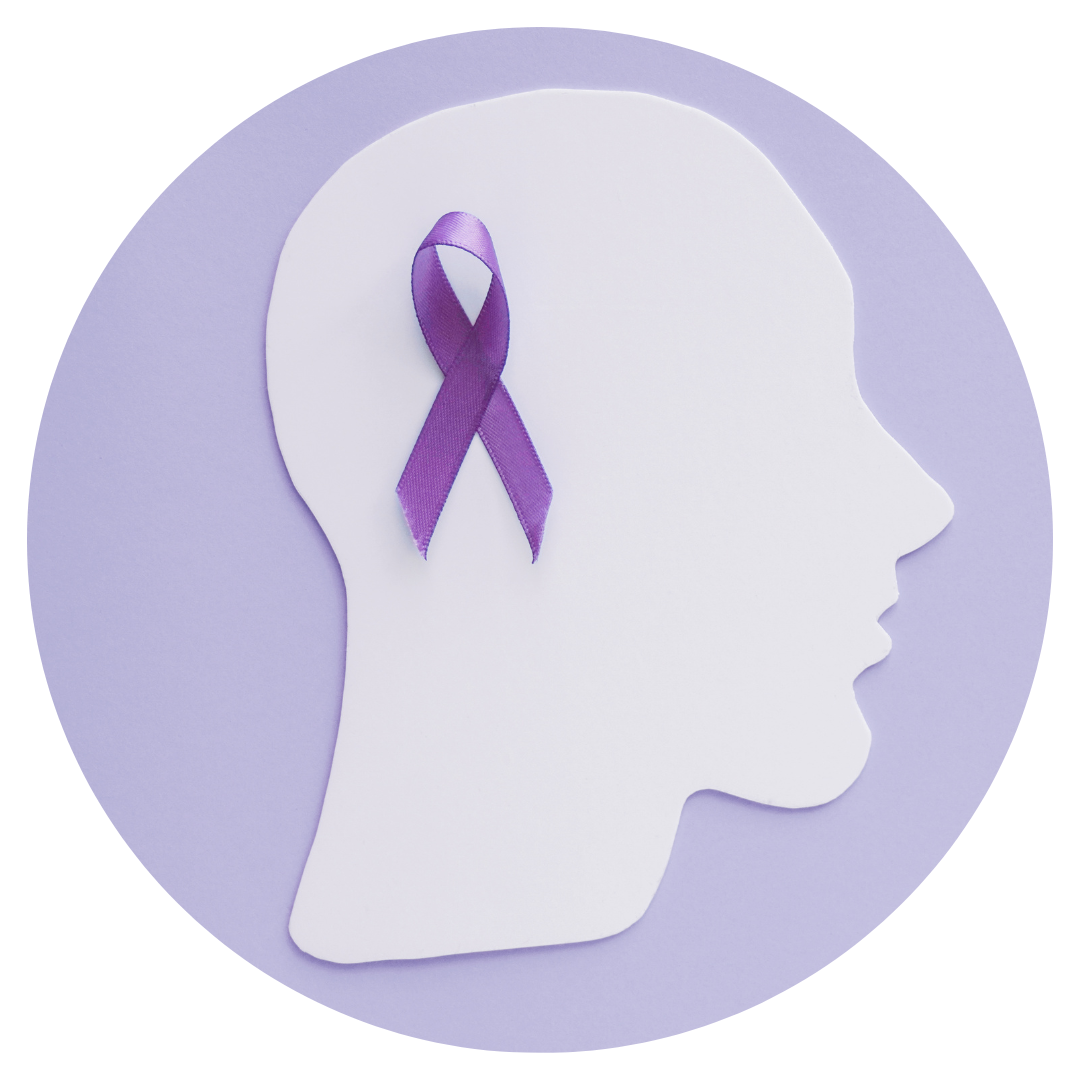BLOG
Living, healing and thriving after covert abuse.

JUly 17 2023
Recognizing the Signs of a Controlling Person
In every relationship, there's a delicate balance of power and influence. However, when one person seeks to dominate and control the other, it can lead to an unhealthy and potentially abusive dynamic. "Over time, it can make you feel like your every move is being watched," explains Ruth Darlene who founded WomenSV, a nonprofit specializing in covert abuse and coercive control. "Whether your partner is male or female, that power and control dynamic remains the same - that desire to take your power away from you."
It's important to be aware of the signs of a controlling person to protect yourself and maintain healthy boundaries. In this article, we will explore some common indicators that can help you recognize a controlling individual.
Excessive jealousy and possessiveness: A controlling person often displays an irrational level of jealousy and possessiveness. They may constantly question your interactions with others, monitor your activities, or become upset when you spend time with anyone other than them. They may even go so far as to isolate you from your friends and family, creating a sense of dependency.
Constant criticism and belittling: Control can manifest itself through constant criticism and belittling remarks. A controlling individual may undermine your self-esteem by attacking your abilities, appearance, or choices. They may mock your ideas and dismiss your opinions, making you doubt your own worth and judgment.
Isolation from support networks: Controlling individuals often aim to isolate their targets from their support networks. They may discourage or prevent you from spending time with friends, family, or colleagues, making you solely dependent on them for emotional and practical support. By cutting off these connections, they gain more power and control over you.
Dictating your behavior and choices: Controlling individuals feel the need to dictate and control every aspect of your life. They may make decisions on your behalf without your consent or belittle your ability to make choices independently. They might impose their preferences and expectations on you, leaving you with little room for autonomy and personal growth.
Manipulative tactics: Manipulation is a key tool for controlling people. They may use tactics such as guilt-tripping, gaslighting (making you doubt your own perception of reality), or playing mind games to maintain control over you. They might twist facts, deny their actions, or shift blame onto you, creating confusion and emotional turmoil.
Monitoring and invading privacy: A controlling person may invade your privacy by constantly monitoring your actions. They may insist on knowing your passwords, regularly check your messages or emails, or even install surveillance cameras in your home. This invasion of privacy is a clear sign of their need for control and lack of respect for personal boundaries.
Explosive anger and intimidation: Controlling individuals may display sudden outbursts of anger, becoming verbally or physically aggressive. They may use intimidation tactics, such as yelling, name-calling, or threatening violence, to maintain dominance and instill fear. These tactics aim to keep you compliant and submissive.
Financial control: Money is another area where controlling individuals exert power. They may control your finances, limit your access to money, or force you to account for every penny spent. Financial control can be a means to limit your independence and keep you reliant on them.
Recognizing these signs is crucial for your well-being and safety. If you suspect that you are in a relationship with a controlling person, it's important to seek support and take action. Reach out to trusted friends, family, or professionals who can provide guidance and help you navigate the situation.
Remember, no one deserves to be controlled or abused. Building awareness, setting boundaries, and seeking help are essential steps toward reclaiming your freedom and living a healthy, fulfilling life.
